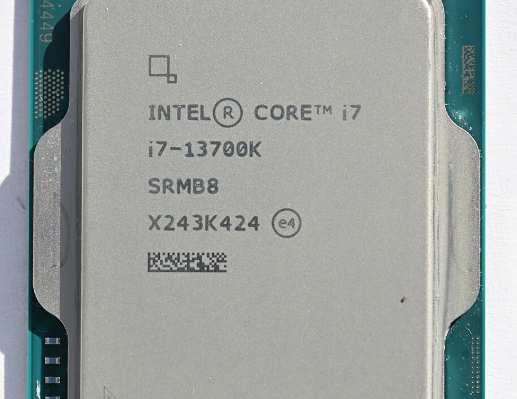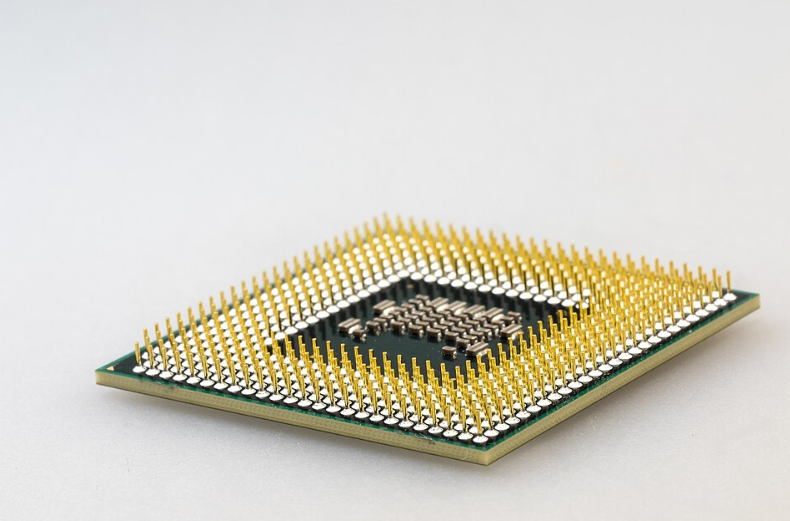Intel vs. AMD: Which is right for you?
Intel vs. AMD: Choosing the Right CPU
The argument about which company should be considered the ‘king of chips’ has been constant during personal computers and data centers. The rivalry is between two names: Intel, and AMD and it has always been this way. Both companies design and manufacture central processing units (CPUs). The technology used by each company, the way each markets its products, and the performance of each product differs and is the reason for the performance of every computer and the choice of each user. This article aims to expound on the rivalry between these two processor giants, as well as provide a comprehensive buying guide to the audience to help them identify which processor meets their needs as listed on the Joydo website.
You can find almost any IC chips on our website: https://www.joydo-ele.com/product/catalog/integrated-circuits-ics.html
From core count to benchmark scores, what are the differences between Intel and AMD?
Intel had dominated the high end of the market for several years. They maintained a competitive edge with their novel architecture, along with the fabrication methods employed. Everything in the market, however, shifted the moment AMD launched the Ryzen series CPUs built on the Zen architecture. AMD had a “more cores” approach in mind. They were equipped with a greater no of CPU cores in order to optimize for multitasking capabilities. A typical example would be in scenario of video rendering and code compilation where AMD’s performance is greater. Buyers, therefore, became increasingly interested in a processor's multi-core performance.
The use of performance benchmarks is a particularly effective way to gauge a CPUs effectiveness. Various tests have been designed to check CPUs like Cinebench and Geekbench to understand the performance on a specific processor. This manner is easier for consumers as it offers different CPU models and provides a complete referential system. Using the “ Ryzen 7 vs i7” example on Joydo, it is easy to inform oneself about the AMD Ryzen 7 7700X and the Intel Core i7-13700K and their multi-core scores. Single-core performance is overshadowed by the Intel's clock speed and IPC, however, AMD exceeds in multi-core performance value.

Gaming and professional applications: How to choose the right processor for your needs?
Many people base their processor choice on their line of work. Getting a gaming CPU recommendation is probably your top priority if you're a gamer. High frequency and single-core performance are more crucial in gaming. A single core's performance is crucial to many game engines. Intel dominated gaming performance for a long time. Their most recent Core i9 processors, for instance, are renowned for having exceptional frame rates. AMD has been catching up, though. Their cache and architecture have been enhanced (e.g., 3D V-Cache technology). In some games, some of the new Ryzen processors can now compete with Intel's.
The situation is different in professional domains such as science, 3D modeling, and content creation. Numerous cores can be used by these applications. AMD's high-core-count processors are excellent in this regard. It makes sense for professionals to select a processor from the Joydo website, such as the AMD Ryzen 9 7950X. It offers faster rendering times and increased work efficiency thanks to its 16 physical cores and 32 threads.
CPU Buying Guide: Rank Charts, Temperatures, and Overclocking Tutorial
Buyers may become confused by the wide variety of processor models. Numerous CPU tier lists have emerged online to assist users in quickly locating the ideal CPU. These lists order various models according to their performance. They make it easy for users to compare them. You can get a decent sense of a processor's performance level by looking at a tier list. This aids in your decision-making on sites such as Joydo.
Heat is another frequent worry. When a high-performance CPU is fully loaded, it becomes extremely hot. The question, "What to do if my CPU temperature is too high?" may arise if the cooling system is inadequate. To defend itself, the processor will slow down. Performance suffers as a result. Many users purchase better coolers to address this. They can also manually modify voltage and frequency by following a CPU overclocking tutorial. This keeps performance intact while managing heat. Overclocking is supported by AMD's Ryzen X series and Intel's Core K series. However, you must exercise caution. You risk damaging the processor if you do it incorrectly.

Joydo: Your CPU Purchasing Expert
The rivalry between AMD and Intel is a struggle of market strategies rather than just a technical one. Intel has dominated the market for a long time. Their strong brand and close ties to computer manufacturers are the reasons for this. AMD has increased its market share by providing innovative technology and excellent value. Customers now support them.
Both businesses are currently developing sophisticated manufacturing techniques. Intel is creating new technology. AMD and TSMC are collaborating closely. Whoever can strike the best balance between performance, power, cost, and innovation will determine the competition's future. This competition is beneficial to consumers. It forces both businesses to produce better goods. Every user benefits in the end.
There is no one "best" processor, as can be seen when examining the Intel vs. AMD competition. For your particular needs, there is only one best option. You should think about your needs, such as daily work, content creation, or gaming. Data from CPU benchmarks and CPU tier lists should also be examined. The Joydo website( www.joydo-ele.com)lists all of the major processor models. You can make your purchase with ease thanks to our comprehensive specifications and user reviews.










